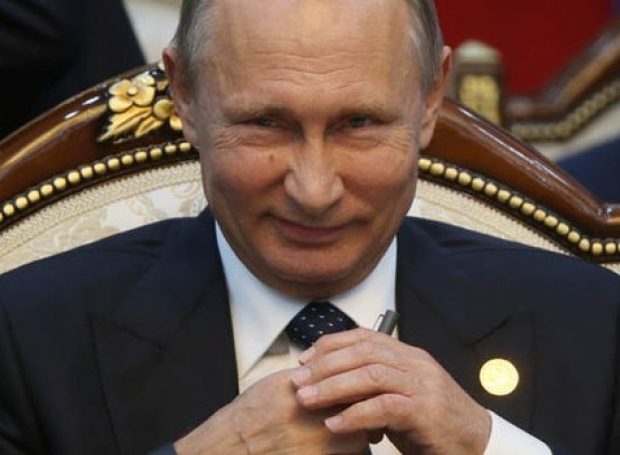Network traffic belonging to MasterCard, Visa, and more than two dozen other financial services companies were briefly routed through a Russian government-controlled telecom. It was only for five minutes and might have been because someone at Rostelecom, the Russian government-controlled telecom that improperly announced ownership of the blocks, turned a switch.
Doug Madory, director of Internet analysis at network management firm Dyn, told Ars Technica that the event was quite suspicious.
"Typically, accidental leaks appear more voluminous and indiscriminate. This would appear to be targeted to financial institutions. A typical cause of these errors [is] in some sort of internal traffic engineering, but it would seem strange that someone would limit their traffic engineering to mostly financial networks."
Normally, the network traffic bound for MasterCard, Visa, and the other affected companies passes through services providers that the companies hire and authorize. Using BGP routing tables, the authorized providers "announce" their ownership of the large blocks of IP addresses belonging to the client companies.
However Rostelecom suddenly announced its control of the blocks and the traffic flowed into the affected networks started passing through Rostelecom's routers
If the Russians were quick or prepared they could have intercepted or manipulated traffic flowing into the affected address space
Even if data couldn't be decrypted, attackers could use the diverted traffic to enumerate what parties were initiating connections to MasterCard and the other affected companies. The attacker could then target those parties, which may have weaker defences.
The US Department of Commerce lists Rostelecom as a state-owned enterprise and reports that one or more senior government officials have seats on Rostelecom's board of directors so it is probably nothing to worry about.
Published in
News
All the world’s finance traffic routed through Russia
Nothing to worry about
For a brief period, most of the world’s financial traffic was routed through a Russian government-controlled telecom and in the hands of Tsar Putin.




